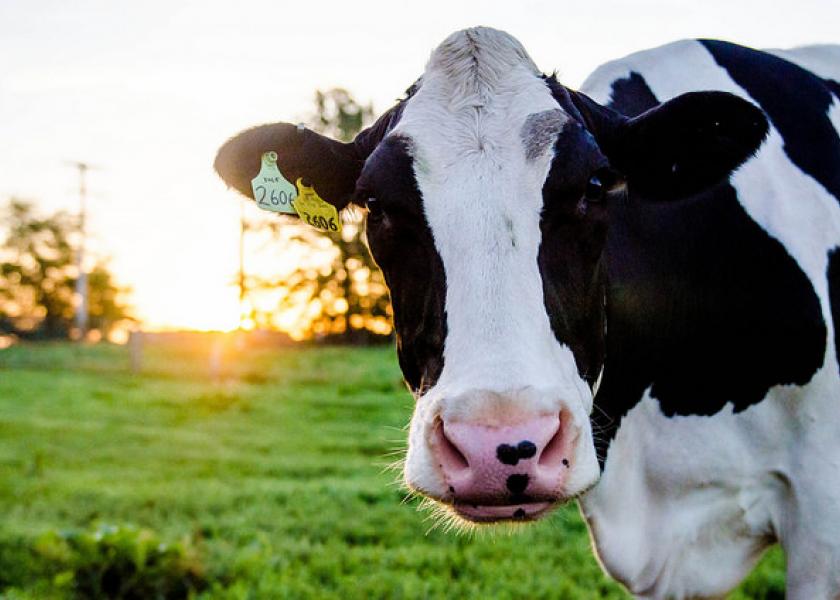Missouri Dairy Industry Revitalization Study Identifies Successes, Concerns, and Tactics for Improvement

A comprehensive study completed by the University of Missouri Extension provides insight for future efforts to revitalize the Missouri dairy industry.
The project, conducted by the MU Extension Dairy Team, was sponsored by the Missouri Agricultural and Small Business Development Authority (MASBDA).
The study revealed some new information and also confirmed things that MU Extension specialists had observed over the past decade.
For starters, the study confirmed that Missouri's dairy industry is smaller than in the past. The state now ranks 24th nationally in milk cow numbers. Missouri has 1,248 dairy farms operating and ranked 25th among states for milk production in 2013.
Based on 2013 production numbers and per person consumption averages, the study found that Missouri milk production is adequate to meet fluid demands but not total demand.
The study also identified what dairy producers in Missouri consider their biggest challenges and concerns. Producers identified their greatest needs as being higher milk prices and profit margins, more dairy infrastructure, and more competitive milk markets. The greatest challenges identified as facing dairy farms were labor, animal health, forage issues, and weather.
In the next five years, 39 percent of the dairy farmers said they plan to expand, and 13 percent reported that they plan to quit.
"While dairy farming statewide is declining, there are pockets of growth in the state. These pockets include growth in southwest Missouri from new larger grazing dairies and in Mennonite areas near Versailles and Memphis," said Probert.
TACTICS FOR IMPROVEMENT
The study identified eight tactics for improvement of Missouri dairy farm profitability. These tactics were improved summer heat stress abatement, better care for replacement heifers, improved forage quality, improving milk quality, better cow housing comfort, increasing dry matter intake, improved reproductive management and economies of scale.
The study also suggested the existence of several opportunities in the areas of marketing and processing. These include promotion of flavored milk, development of milk-protein drinks, and market differentiation with value-added traits. Such traits include products labeled: organic, natural, grass-fed, non-GMO and local.
Other niche markets include heritage breeds, raw milk, lactose-free milk, milk with higher A2 beta-casein levels, and dairies as agri-tourism.
"The 2015 Missouri Dairy Industry Revitalization Study provides a comprehensive look at our industry's history, its present status, and opportunities for future development," said Probert.
GOALS OF STUDY
The study had five goals according to Probert. One goal was to document historical trends in Missouri's dairy industry.
Other goals were as follows: to evaluate the industry's contribution to Missouri's economy; survey dairy farmers and industry stakeholders to gather their perspectives on producers' needs and characteristics of Missouri dairy farms; discuss dairy product demand and opportunities in processing and dairy niche marketing; and provide an analysis of the competitiveness of Missouri's dairy industry versus other U.S. dairy states.
MORE INFORMATION
The full text of the study is available online at http://dairy.missouri.edu/revitalization/.
Source: University of Missouri Extension







